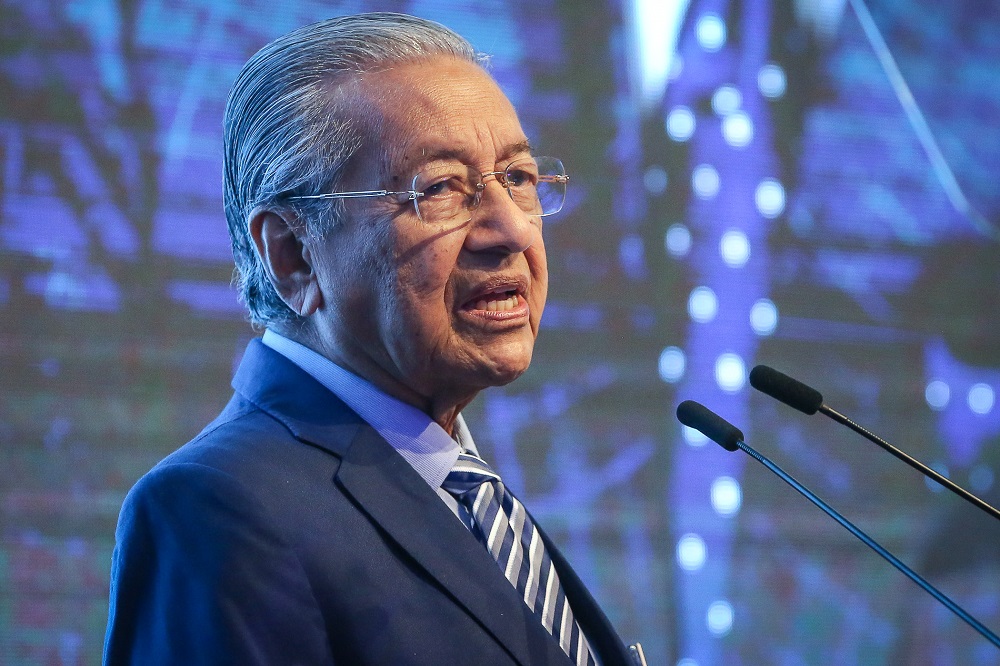KUALA LUMPUR, Nov 21 — Economic growth and social protection should be in parallel to ensure sustainable progress, Prime Minister Tun Dr Mahathir Mohamad said today.
He said, as the country strives for economic progress, it is imperative for the country’s leadership to constantly re-think and re-evaluate what it means to provide adequate social protection.
“It is the government’s duty to ensure that all those under its stewardship can lead meaningful lives,” he said when opening the International Social Well-Being Conference 2019 here, today.
While infrastructural marvels and digital achievements may raise the country’s profile in the eyes of the world, they cannot be at the cost of damaging its fragile ecosystem, said the Prime Minister.
“We must always consider the consequences that relentless progress can bring, for example, the devastating effects of climate change.”
Hence, as the country develops and population grows, the duty of the leaders in creating an empowering and thriving environment for Malaysians will become more complex, said Dr Mahathir.
On the other hand, he said employers and employees face the almost impossible challenge of rapid adaptation to keep up with the human and digital demands of the new marketplace.
“These are challenging times. If those of us who are financially able already find it difficult to keep business running as usual, imagine having to deal with the increasing pressures of life if you are just fresh out of school, part of the B40 group, or in your retirement age,” he said.
Malaysia according to him, cannot let economic frustration lead to conflicts and unrest.
“All we need to do is to look towards places like Hong Kong, Beirut and Santiago to see how economically frustrated youths can bring about conflicts and unrest, worsening the already precarious and unstable economic conditions,” he said.
Therefore, as Malaysia strives to become a developed nation, the government he said, must ensure the prosperity it reaps will be shared among all, leaving no one behind.
“To do this, we must spend time to assist those in vulnerable groups, especially our younger generation, to secure quality, dignified employment,” he said. — Bernama



















